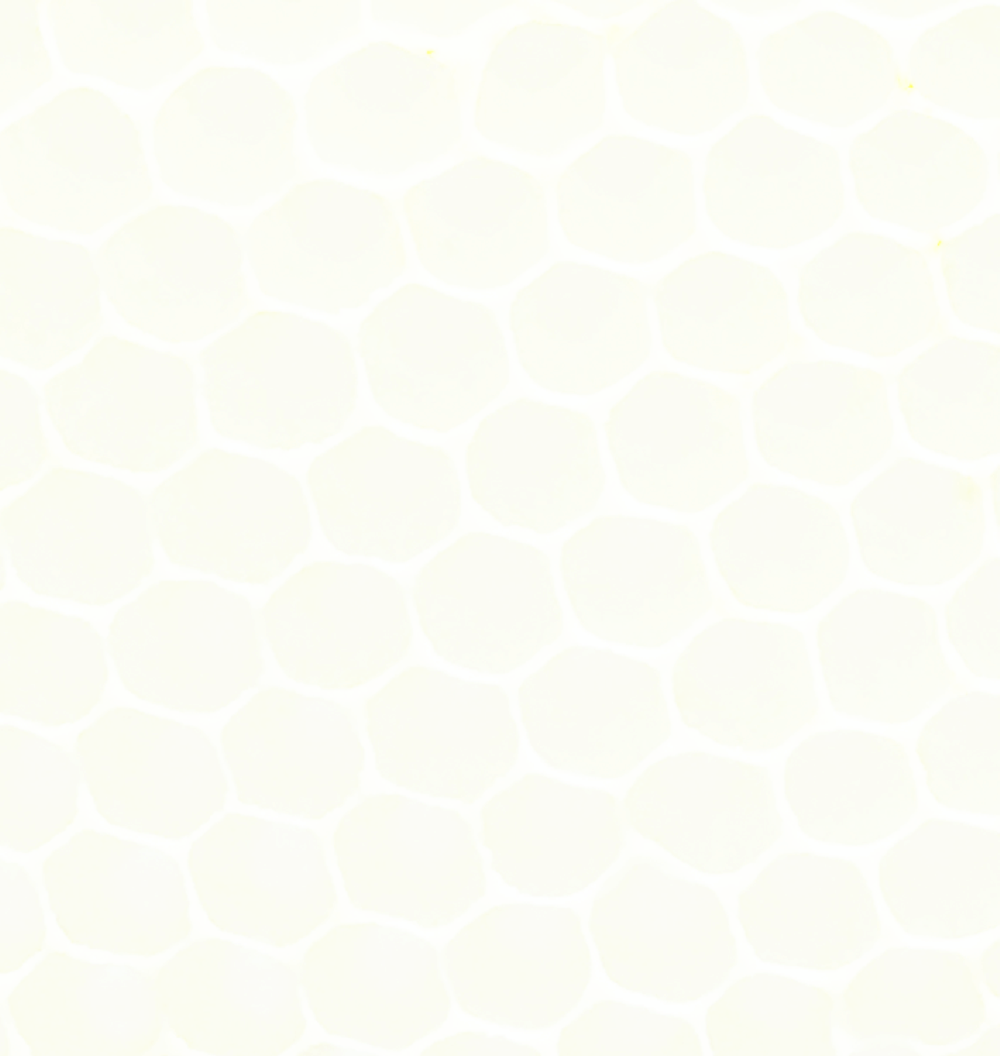

ZBees liquid gold... fresh from the colonies!

- Lifetime member of the North Carolina Beekeepers Association
- Member of the South Carolina Beekeepers Association
Here is information that will help you understand honeybees and their important roles in the environment. Honeybees are essential for pollinating crops, flowers, and trees and thus, food harvests and the beauty of nature are dependent on them. Though other bees and insects do perform pollination, it is the honeybee who has the greatest “mass pollination” procedure in nature. A healthy backyard apiary of two or three double-box hives can easily contain 120,000 to 180,000 or more honeybees who are out pollinating the plants and vegetables within any given community. Without this essential pollination there would be two-thirds less food in our grocery stores and farmers markets. If you know a beekeeper in your area then, thank them for their contribution to the environment!
Other Resources on Beekeeping
Recommended Videos to Watch



Italian
(Apis mellifera, ligustica)
Carnolian
(Apis mellifera, carnica)
Saskatraz
(Apis mellifera)
Honeybees
Honeybees have a technical flight range measuring about 1.86 miles. However, this range can vary according to the amount of nectar and pollen sources available within this relatively short distance from the hive. In some instances, these tenacious foragers have been known to travel up to five tm six iles when nearby foliage is scarce. During the past six years, I have learned that honeybees within the apiary typically travel no more than a mile away. This is due in part to the vast amount and types of foliage available so close to the apiary. Previous tests of honey and the types of pollen found in these tests have revealed food sources usually within this one mile range. Examine the foliage in your area, have your honey tested, and see how far your bees may be traveling to find food sources.
Bee Informed
SOUTH CAROLINA SITES
Spartanburg Beekeepers Association - local beekeepers who meet once a month to encourage better methods of beekeeping, share fellowship, ideas to further our growth and our passion for helping the honeybees.
South Carolina State Beekeepers Association - a private non-profit organization dedicated to education and advocacy ensuring that South Carolina beekeepers have the information and tools they need to meet the challenges of modern beekeeping.
NORTH CAROLINA SITES
Apiculture and Beekeeping - excellent publications of the NC State Extension
Center for Honeybee Research - located in Asheville, NC
Haywood County Extension Center - located in Waynesville, NC
NC Cooperative Extension: Growing Small Farms-Pollinator Conservation Guide (Debbie Roos)
NCDA Apiary Services - Plant Protection Section Apiary Inspection Services
North Carolina Bee and Honey Act of 1977, Article 55 - legal information about beekeeping in North Carolina
NC Plant Hardiness Zone Map - see how temperature affects your area.
NC State Beekeepers Association - offers all kinds of information and training on beekeeping in North Carolina.
NC State University- Department of Entomology College of Agriculture and Life Sciences - Structured FAQ information from our own state and backyard about bees swarming.
WNC Vegetable and Small Fruits News - information for growers in Buncombe, Haywood, and Henderson counties of North Carolina
NATIONAL SITES
American Bee Journal - read beekeeping articles online or subscribe.
Bee Culture Magazine - the magazine of American beekeeping.
Datant- a PDF about Colony Pests, Parasites, and Disease Treatment Suggestions.
Field Guide to Honey Bees and Their Maladie - an informative guide offered by PennState University Extension
Help the Honeybee - a PDF file listing pesticides and toxins to avoid if you have honeybees in your yard.
Honey Bee Health Coalition - contains information for managing healthy bee hives.
Planet Bee Foundation - educating younger generations of prospective new beekeepers.
USDA Bee Research Laboratory at Beltsville, MD - provides tools and insights for building and maintaining healthy honey bee populations
INTERNATIONAL SITES
All About Bees - Learn and test your knowledge about honeybees.
Appi Bees Services, Ltd - the makers of the HiveSmartHQ “ad-free” software app for beekeepers. Manage your apiary with data about maintenance, production, sales, etc. Below are links to paper forms for those who are not digitally connected.
Beekeeping Safety - learn about honeybee safety and avoiding stings.
